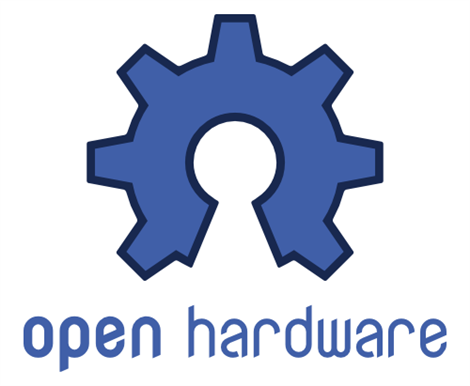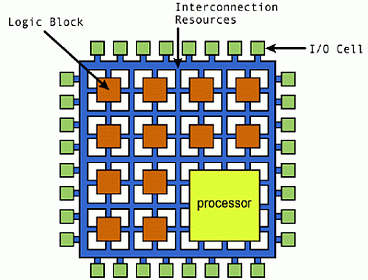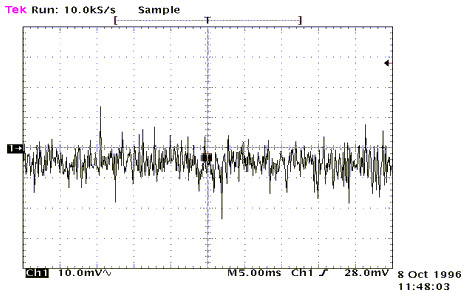

Want an operating system ? There is Linux, there is FreeBSD, you even have the choice .. and it’s all free as in freedom.
Want to do something more exotic, like scientific computing ? There is Scilab, Octave, Maxima and OpenModelica.
Want an office suite ? You’ve got LibreOffice. Do you like graphic design ? Then you’ve got Gimp, Inkscape and Scribus.
As you probably know very well, the open source software is well established and it’s here to stay forever. The most prominent example is Linux, the operating system which dominates the server market and runs on many architectures. It can run on your PC, on your router, on your phone and even on your watch.
But what happens to open hardware ? Will it follow the suite of open source software ?
Continue reading →




